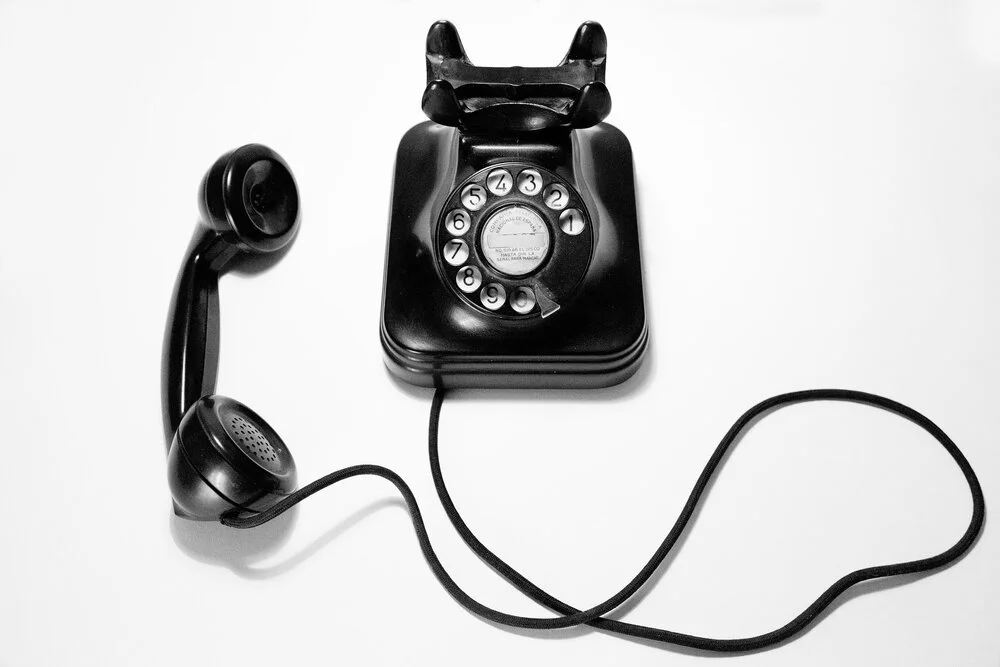What Is Intuition?
The foundation of it all.
What is it, and why do we talk about it in terms of spirituality? Why is it important?
I love to look things up in the dictionary and see what they say. But first I’ll write what intuition means to me... And it’s hard to define, inherently so. To me, intuition is that little voice inside. It doesn’t have an outward appearance, but inside - in my body-mind-spirit - it is a forceful voice or knowing, a sixth sense as strong as (as often stronger than) my eyes or ears.
Merriam-Webster’s definition for intuition, as of today, is: “The power or faculty of attaining to direct knowledge or cognition without evident rational thought and inference.” If we wanted to speak in psychological terms, some would say that “attaining to direct knowledge or cognition” means the unconscious mind is bringing a ‘hit’ of information to the conscious mind, and that precious information comes from the wisdom of life experience and worldly understanding.
Why is intuition talked about in terms of spirituality?
Intuition is a source of information and decision making that comes from somewhere, some force, some thing beyond observable reality. Because intuition can’t exactly be pinned down in third dimensional terms, it’s not as easy as saying, “I see the color blue” with confidence that others will understand what you mean. Some people might feel intuitive hits as God/Spirit/Holy Spirit speaking to them. Some people call it clairvoyance (clear-seeing), clairaudience (clear-hearing), clairsentience (clear-feeling). Some people may call it a psychic ability. It could be all of the above or something else!
The craziest part of it all is: your intuition can’t be defined by anyone except for you. Just like your physical body, your intuition is unique; there is not another one just like it. But for all of us, it’s an individualized source of information outside of linear spacetime. Yes, I believe everyone has intuition simply because each of us is a living fractal of universal consciousness. Intuition is a freebee that comes along with being alive, and it won’t leave you or fail you.
Someone once said to me, “it’s always a sunny day, sometimes you just can’t see it.” That’s a perfect metaphor for the way I see intuition: like the sun, intuition is always there, but sometimes you can’t access it well or easily. There are indeed ways to improve your relationship with your intuition. You can learn to work with it, exercise it like a muscle, and clear your channel of communication. With a sixth sense readily available, you might notice your life change. That’s why seeking relationship with your intuition is a spiritual practice.
Why is intuition important?
To get at this answer, we have to ask the countering question: what would life look like without intuition? Let’s look at what has happened to the reality matrix where it has systematically buried intuition.
Whether or not you feel like you have a strong intuition, we’ve all probably experienced intuition being suppressed at some point or another. Think back to when you really began to understand the world and your place in it. Let’s say you were three or four years old. You wanted to dance and play, sing and draw, run around naked outside. You didn’t think for a second about what others would think of you, social norms, compliance with rules. All you knew was that you were a human with an undeniable need for self-expression.
Suddenly, you’re getting scolded, told not to get dirty, told not to speak to that neighbor, told even things as simple as put on sunscreen and shoes before you go outside in the summer. The lines of the physical reality that is someone else’s suddenly become imposed upon you. You inherited “learned” systems, behaviors, information, practices, relationships, paradigms. The intuitive voice became a passive casualty of you doing what you were told to do to live “appropriately” - you had to turn down the volume on that little voice where it once expressed itself through your human vessel without inhibition.
Think of your relationship with your intuition like holding a your phone to your ear. Intuitive information is effortlessly coming through the speaker and you hear it and absorb it. In order to interrupt your conversation, several things could go wrong. There could be a problem with the connection. The speaker could be bad. The most accurate way I’d describe intuitive suppression, though, would be like a someone else’s hands coming around and covering your ears. No signal problem, no issues with phone hardware. Someone has their hands clamped around your ears, muffling your hearing. And with each new system or belief, another pair of hands goes on top of the ones before, maybe covering your mouth and eyes, too, until you’re so out of touch you drop the phone and forget about the call altogether. Because until you can break these hands off of you, what’s the point?
Walking around stifled by old patterns, family grievances, or societal norms that make no sense to you is the super frustrating part of living in the matrix. When you know your intuition is saying something different than what you are being told or shown you have to experience, it can cause serious inner conflict. The worst part is that to get by, you feel like you have to pretend the conflict doesn’t exist. “I’m fine,” you tell yourself. But truthfully, you can’t kick the feeling that some part of your reality is heavy baggage holding you back.
Unfortunately, many of our deepest inherited systems and beliefs are rooted in fear and trauma. We learn to associate fear and trauma with listening to our intuition. Think of how many traumatized sets of hands became clamps around your ears since you were born, preventing the flow of intuitive information? How often have you decided to give up on a dream because there’s some ghost of a parent or teacher in the past reminding you: “You can’t do that, you’re a boy.” “You’ll look stupid.” “You’re not a good singer.” “You’re not good at math.” Someone else’s fear of humiliation, fear of standing out, fear of failure was projected onto you and shut down a little part of your intuitive expression. That is what fear and trauma do; they separate us from source.
That’s why getting in touch with your intuition is so important: it dismantles fear and anything else holding you back by teaching you how to express the truest, most expansive version of yourself. When you cultivate a strong intuitive relationship with yourself, you learn how to face your deepest fears in order to become a more whole, integrated you. You bring your pieces back together. You reclaim parts of you that you thought were lost forever. And you learn how to discern what external information is helpful and what is hindering, to live with confidence and peace in knowing exactly who you are and what you want. Partnering with your intuition, you become the master and creator of your life.
Where do I start with intuitive development?
If you’re asking this question, I’m so excited for you! Intuitive development is both scary and exciting. It’s like being at the top of a roller coaster before the first drop. Here are some tips.
Tune inward.
Tap into subconscious information your body is communicating to you.
Become aware of resonance in your field (which includes your physical body).
What draws you to that new thing you are exploring? What is that force?
Where in your body did you receive the pull? Did you feel butterflies in your stomach? Did you envision yourself doing it in your mind’s eye? Did you hear the words in your head?
A great way to begin understanding your intuition is by journaling the answers to these questions or drawing them. It brings form to your intuition.
Tune outward.
Become really interested in how information comes to you in subtle ways.
Maybe it comes through repeating numbers or symbols, like feathers or coins. Maybe it comes through someone saying exactly what you’ve been thinking about lately. Maybe it comes through dreams.
Start tuning into these channels - don’t ignore them. Observe them and try to interpret what the information is saying to you. It may not speak through words, but through impressions. What feeling does it give you and what does that say to you?
Explore something new that interests you.
The key is start small - it doesn’t have to be a big change to make a dramatic impact.
What have you been interested in that you wanted to explore? A hobby or craft? Esoteric information like astrology?
Begin to follow your impulse to explore outside your comfort zone a little bit each week.
Identify and own fear along your path.
Part of really owning your intuition is knowing when fear is preventing your self-expression. This is where it takes courage to step up to the ledge.
Just like you can practice exploring something new, you can practice facing fear. Face something small you fear, a little bit at a time.
Analyze what happened when you faced the fear. Did it come true or not? How do you feel after?
Keep repeating this cycle!
Intuitive development is a cyclical, never-ending path. It isn’t linear.
You might find this process repeating itself over and over, and that’s okay - in fact, it’s the universe’s intelligent design at work.
The more we know, the more we unknow. Intuitive development is the awareness we bring to ourselves and our lives, shining light on who we truly are in spite of fearful programming or pretenses. That little voice inside of us will guide us through anything, but we have to nurture our ability to receive source guidance. How does your intuition speak to you? How has listening to your intuition changed your life? Let me know, share your story, and leave other ways to develop your intuition for others to try!
With love,
Louisa




